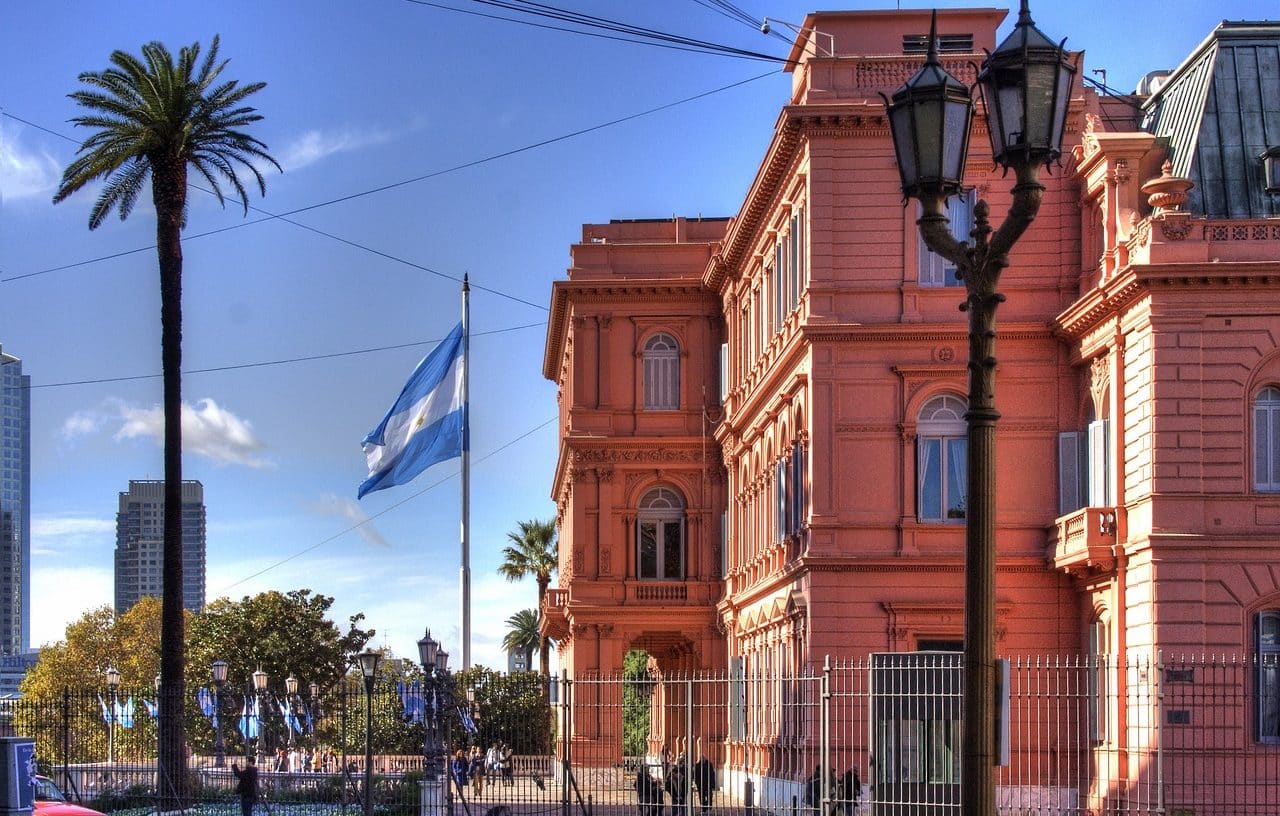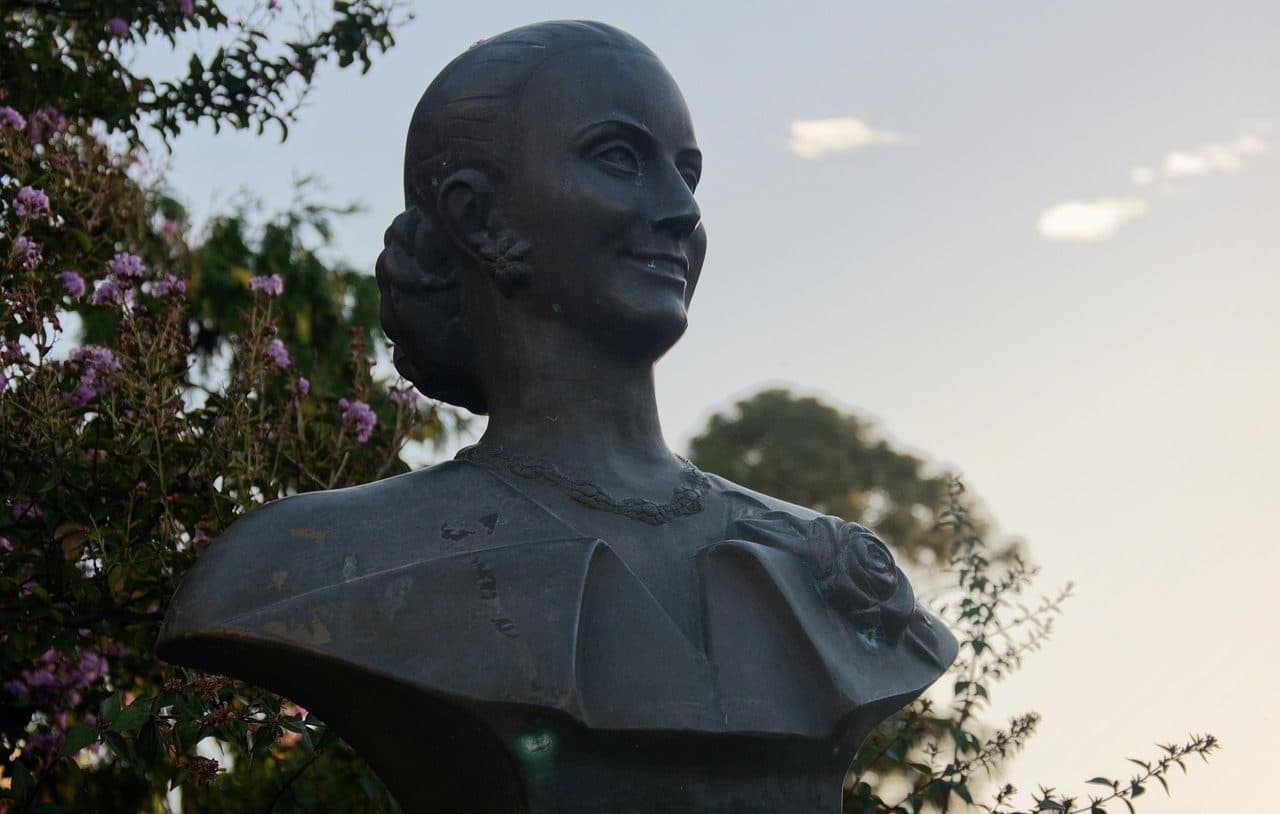
Peronism is a political movement of great importance in Argentina.
Peronism is the doctrine and movement developed from Juan Domingo Perón , a politician and military man who was elected three times by the Argentine people as president (in 1946 , 1952 and 1973 ). Two of those periods, however, he could not complete as president, since in 1955 he was overthrown and in 1973 he died while serving as Argentina 's top president.
The development of Peronism began in the 1940s , when Perón was a colonel and began to have increasing influence at the political level. Perón knew how to identify and integrate the millions of rural workers who, as Argentina moved away from the agro-export model due to the new global economic panorama, came to the main cities to work in the incipient industry .
Birth of Peronism
The date October 17, 1945 is usually noted as the birth of Peronism. That day, an immense number of people gathered in the Plaza de Mayo in the city of Buenos Aires to demand the release of Perón , who had been forced to resign from the positions he held during the de facto government of Edelmiro Farrell and then arrested. by soldiers who opposed their policies . From then on, Perón became a key actor in Argentine politics, whose influence is still decisive in the 21st century .
Over time, the Peronist movement divided into various political parties, with the Justicialista Party being the most representative and with the greatest tradition. It is very difficult to define the ideology and basic policies of Peronism, since under its name proposals have been presented from the left (linked to the redistribution of income in favor of the most disadvantaged classes, for example) and from the right (the shrinking of the State proposed by neoliberalism, among others) that are contradictory.

Eva Perón is an important figure for Peronism.
Neo-Peronism
A political current promoted by certain Peronists since 1955 is known as Peronism without Perón or neo-Peronism . It arose from the formation of the Popular Union party, which was founded by Juan Atilio Bramuglia , who had held various positions during Perón 's first term until 1949 .
Rodolfo Tecera del Franco, Raul Matera yAugusto Vandor son otros de los leaders vinculados al neoperonismo. Por otro lado, cabe señalar el Neuquén Popular Movement, un caso de neoperonismo algo particular, ya que fue apoyado en cierto grado por el propio Peron.
Admirers and detractors of Peronism
Peronism is one of those delicate topics within another that many avoid in casual conversations, politics , since in Argentina there are people who show a marked rejection of everything related to Perón , opposed to others who admire him and They recite their achievements with pride , as if it were their favorite music star.
His detractors find in his mandate a dangerous similarity with fascism and point out that Perón himself declared himself an admirer of Benito Mussolini and that he was a friend of the Spanish dictator Francisco Franco . Among the most negative features of Peronism are the following:
- Demagoguery and histrionic rhetoric : the speeches addressed to the people were based on those things that they wanted to hear. Furthermore, the emotional factor occupied an important place in his communication, to reach people through his sensitivity.
- Denial of class struggle and corporatism : Peronism does not show itself as a proletarian movement, but rather a popular and national one. In this way, it promotes vertical unionism.
- Little definition of its ideology : as mentioned above, Peronism has been represented by leaders from the right and the left. Depending on external circumstances and leadership, it adapts and mutates easily.
